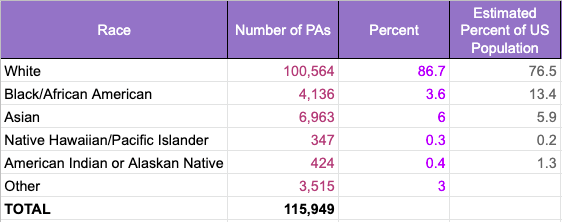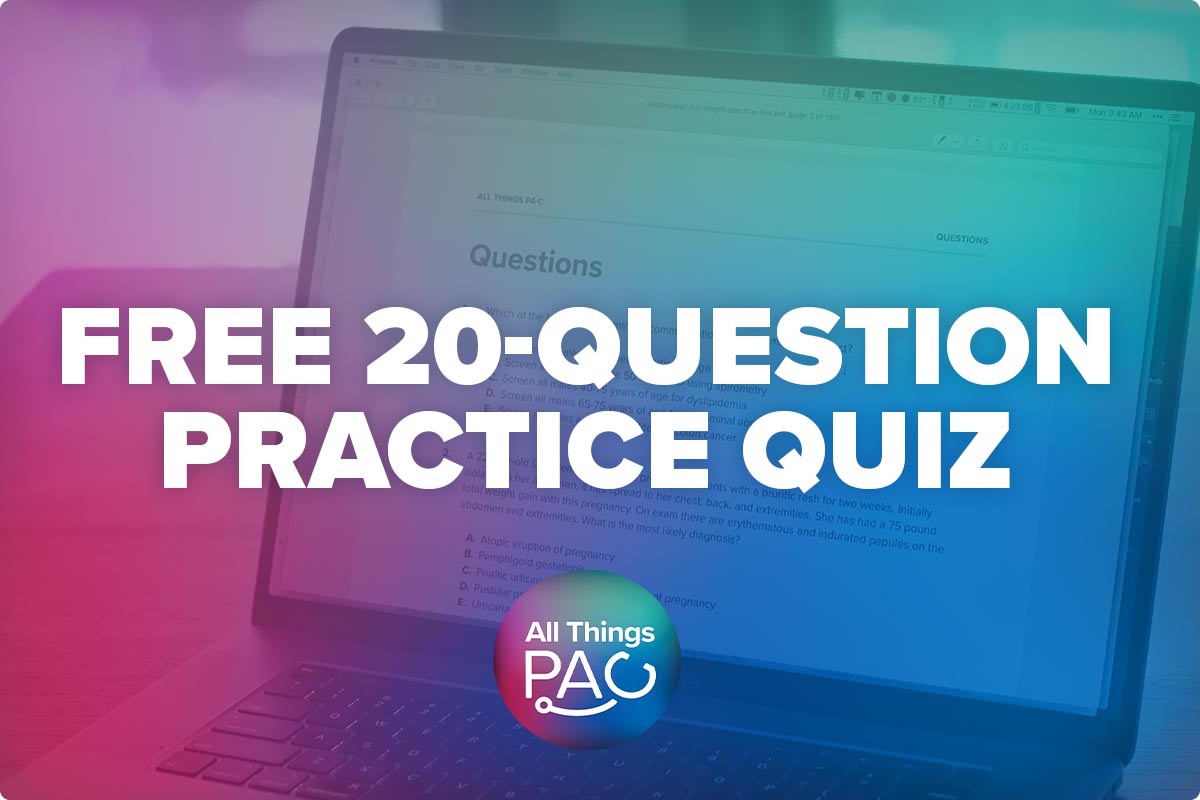Current events highlighting injustice in our world have many people digging deep and asking themselves, “Am I a part of this?” and “What can I do?”
If you’re not a minority, the first instinct upon hearing the terms like racist, privilege, injustice, etc. may be to get defensive. Mine is.
“I’m not racist.”
“I don’t have privilege, I had to work really hard to get where I am.”
I’ve personally learned when my first instinct is to get defensive about something, it’s a red flag perhaps I need to dig a little deeper.
I did an IGTV on the idea of mutual exclusivity, focussing on the fact just because I worked really hard to get where I am today, doesn’t mean I didn’t benefit from privilege. These are conclusions I would not have made 10 years ago. I am always learning, always growing.
I believe it’s helpful for meaningful conversations to happen when we start with common beliefs. So let’s try to get there.
I hope we all believe as a profession, we would benefit from more diversity. Health disparities affect those of different races and ethnicities differently. Studies have shown diversity in healthcare providers can produce better satisfaction and better outcomes for patients (1,2). Studies also show students trained at diverse schools are more comfortable treating patients from a wide range of ethnic backgrounds (3).
If we can start with this as a foundation, let’s now look at the numbers.

What to do?
Now, let’s see if we can do anything about these numbers, which show a clear disproportion of minorities, particularly African Americans, in the PA profession compared to the general population.
We’re not talking about offering less qualified applicants spots for the sake of diversity. We’re talking about bringing the qualified, diverse applicants into the pool because they’re out there.
This is a complex issue. I participated (listened) to a town hall meeting our local PA program had last night with the Chief Diversity Officer of the university. The issues that prevent minorities from getting into or selecting programs such as PA, are complex and have very little to do with qualifications.
PA programs should consider barriers which might include socioeconomic (costs of application requirements) and recruitment strategies. The GRE is a great example of this. It’s an added cost that some students take multiple times, but has been shown over and over again to be a poor predictor of success in PA school.
PA programs need to consider how welcoming their program feels to minorities, as this is often a contributing factor in their decision making process.
Practicing PAs should consider offering shadowing opportunities and mentorship to minority pre-PA students or those interested in the profession, as these are often required for applicants but more difficult for minority students to find.
We all should be talking to POC in our profession and learning what barriers they went through and move towards change where and when we can.
I certainly do not have all of the answers. I’m currently in a deep state of listening and learning. I feel so strongly that positive movement is on the horizon.
For thoughts and ideas, share them in the comments below. It starts with dialog.

